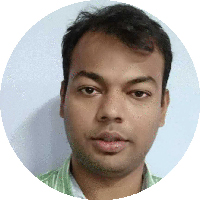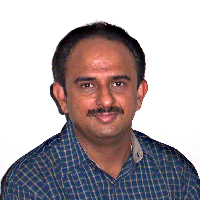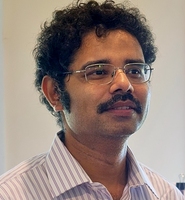Degree Level Course
Deep Learning Practice
-Recognise the full stack of deep learning - datasets, frameworks, hardware for training, deployment across devices, interpretability, and security -Use tools to improve deep learning practice throughout the entire stack -Apply best practices in training and deployment, even under constraints of data and hardware -Build confidence of training models of real-world scale -Identify problems of social relevance that are solvable with deep learning



by Prof. Mitesh M.Khapra , Prof. S. Umesh , Dr. Kaushik Mitra
Course ID: BSDA5013
Course Credits: 4
Course Type: Elective
Pre-requisites: BSCS3004 - Deep Learning


